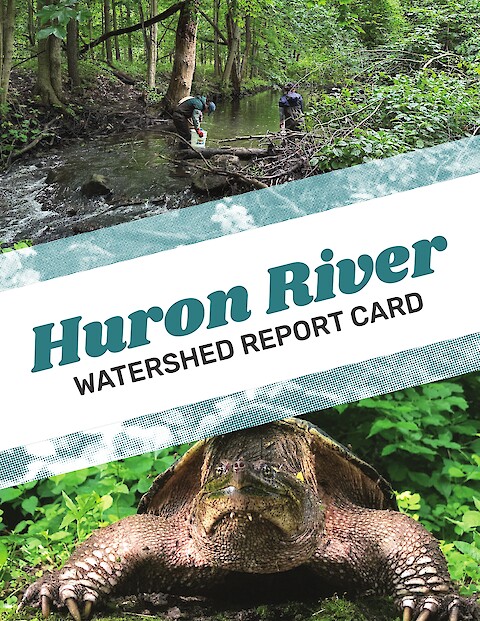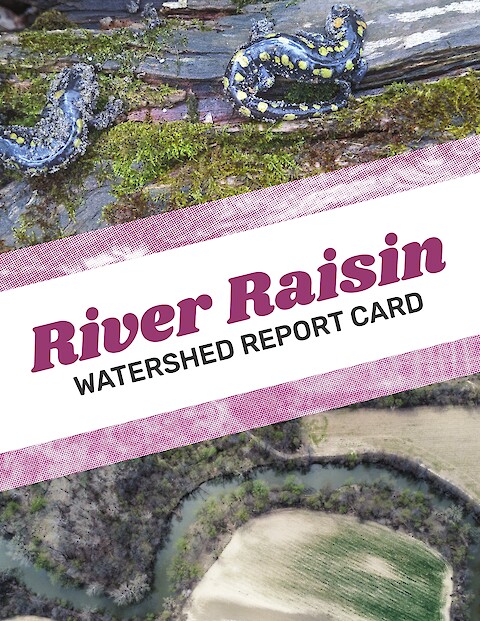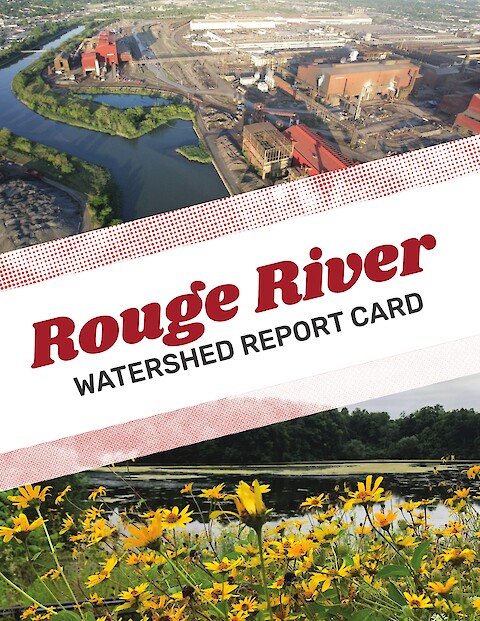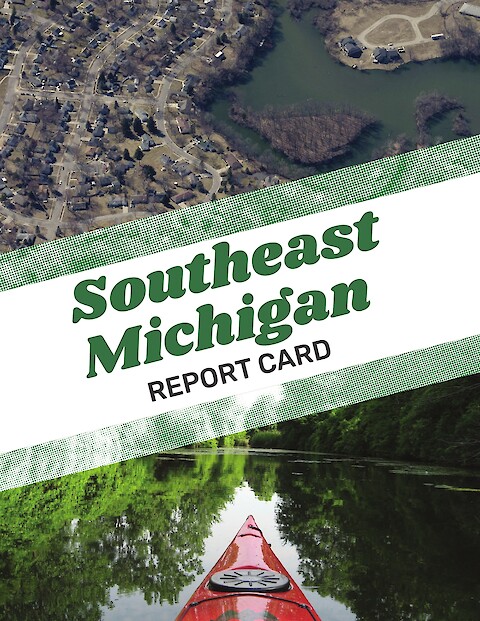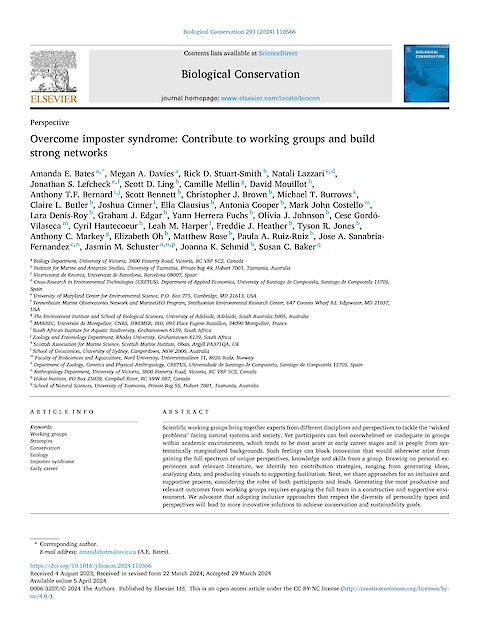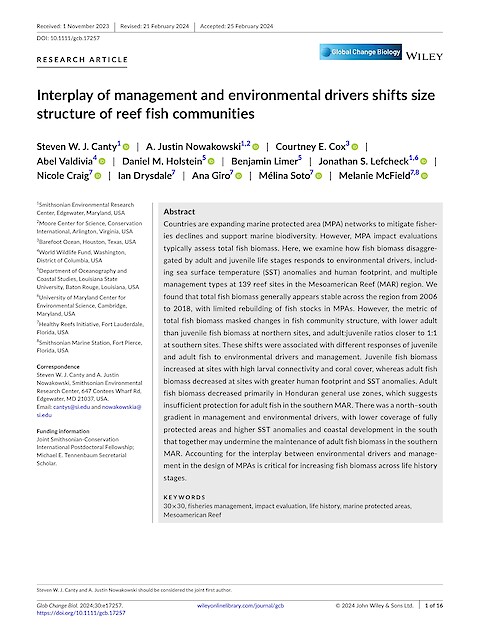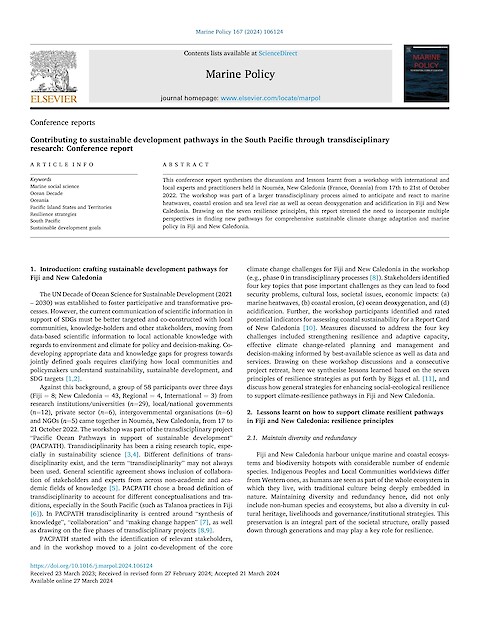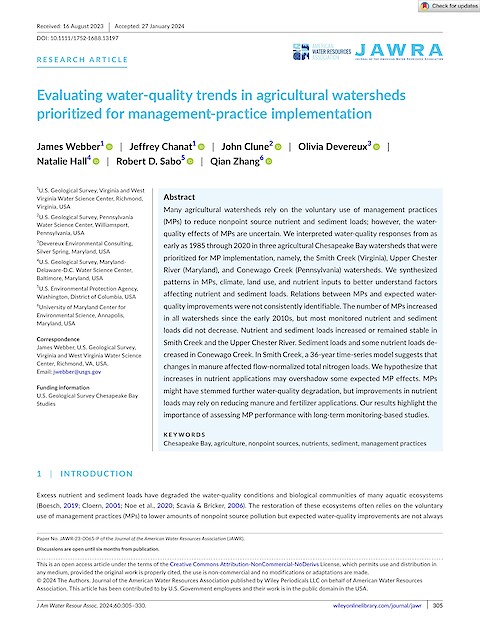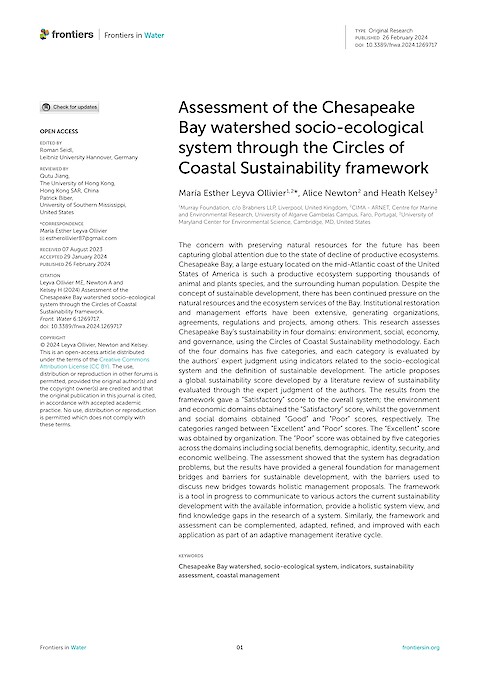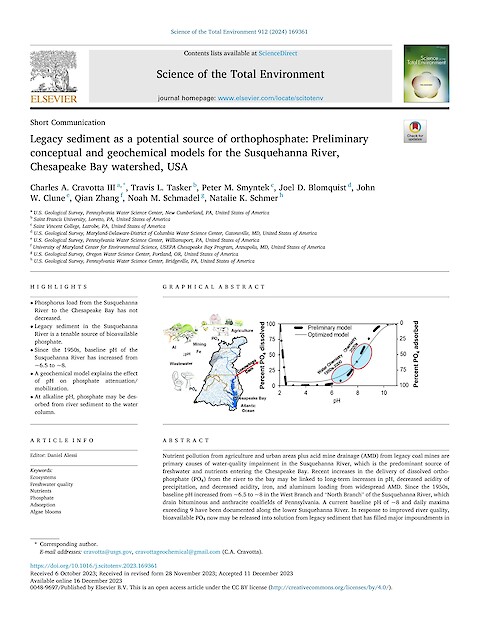Overcome imposter syndrome: Contribute to working groups and build strong networks
Bates AE, Davies MA, Stuart-Smith RD, Lazzari N, Lefcheck JS, Ling SD, Mellin C, Mouillot D, Bernard ATF, Bennett S, Brown CJ, Burrows MT, Butler CL, Cinner J, Clausius E, Cooper A, Costello MJ, Denis-Roy L, Edgar GJ, Fuchs YH, Johnson OJ, Gordó-Vilaseca C, Hautecoeur C, Harper LM, Heather FJ, Jones TR, Markey AC, Oh E, Rose M, Ruiz-Ruiz PA, Sanabria-Fernandez JA, Schuster JM, Schmid JK, Baker SC ·
2024
Scientific working groups bring together experts from different disciplines and perspectives to tackle the “wicked problems” facing natural systems and society. Yet participants can feel overwhelmed or inadequate in groups within academic environments, which tends to be most acute at early career stages and in people from systematically marginalized backgrounds.
Read more


